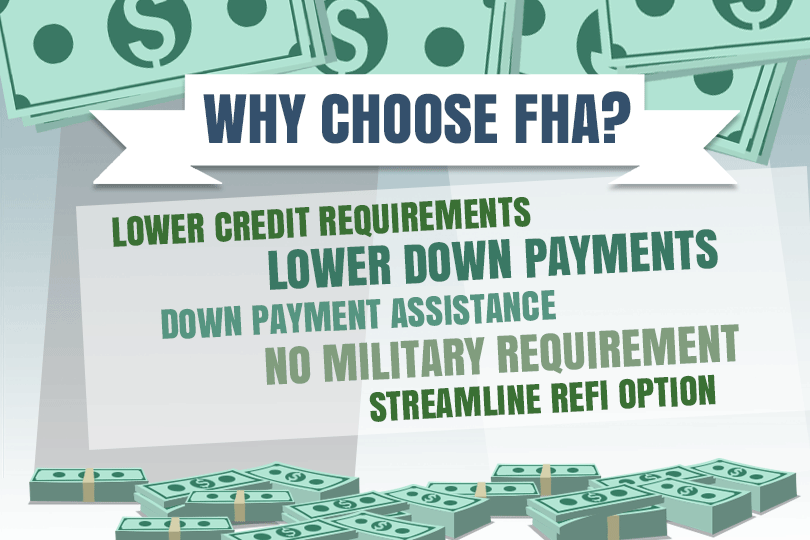Why Your FHA Loan Transaction Requires Escrow
November 12, 2024
Requirements to use escrow accounts typically stems from a need to protect all parties involved in the transaction, but particularly the following:
Protecting The FHA Lenders' Investment
Escrow accounts serve as a safeguard for lenders by guaranteeing the payment of property taxes and insurance premiums.
Delinquent taxes can result in tax liens. These liens are problematic because they assume priority over the mortgage, potentially jeopardizing the lender's financial stake in the property.
Failing to pay on time for insurance coverage exposes the property to potential damage or loss, again placing the lender's investment at risk. Using escrow protects against these problems.
Protecting Borrowers from Financial Strain
Escrow accounts help the borrower budget by converting annual or semi-annual expenses into smaller, more manageable monthly payments. Avoiding a lump sum payment is a key benefit when using escrow.
Navigating Escrow Account Setup: Fees and Costs
Lenders typically require an initial deposit when establishing the escrow account. This deposit covers the upfront costs of property taxes, homeowners insurance, or other related expenses. The specific amount varies based on the property's location, assessed value, and the time of year.
While escrow accounts generally do not incur separate fees, some lenders may impose a nominal administrative fee for managing the account. This fee, if applicable, will be disclosed in your loan documentation.
What To Ask Your Lender About Escrow
When applying for an FHA mortgage, ask your lender how much property taxes might be (estimated) for the address you want to purchase, and ask about the typical budget buyers should include for escrow.
Remember that until you buy the home and finalize your ownership, some costs, including the actual amount of your property taxes that year, may be subject to change due to regulation, state law, lender policy, or FHA loan program requirements.
Ask for estimates, but be ready to adjust those numbers if needed.

FHA Loan Articles
April 18, 2023Your lender is required to make sure you can realistically afford your mortgage, and that means verifying that your income is stable, reliable, and will continue after your mortgage has closed. What some don’t realize about this process is that there are standards for verifying income.
April 1, 2023FHA loan rules for single family purchase loans include guidelines for the lender to use if the applicant has rental income. Some want to know whether it is possible to qualify for an FHA mortgage using rental income. The real issue is whether the rental income meets FHA loan rules.
March 16, 2023Planning your FHA loan means asking some important questions early in the process. The most obvious question is associated with the type of home you want. How large a house do you need? FHA mortgages allow the purchase of homes with between one and four living units.
February 7, 2023There are tons of reasons why people decide that they’re done with renting and start looking into buying a home. Whatever your reason, deciding to buy a home is a big step, and one of the most daunting aspects is saving up enough money for the down payment.
January 27, 2023Before you get ready to commit to a home loan application, it’s good to review your circumstances and ask a few basic questions about your loan, your plans, and the home itself. Believe it or not, knowing what type of home loan you need is an important step.







